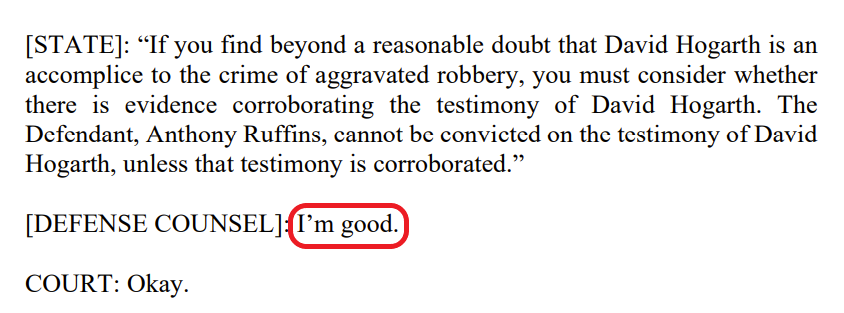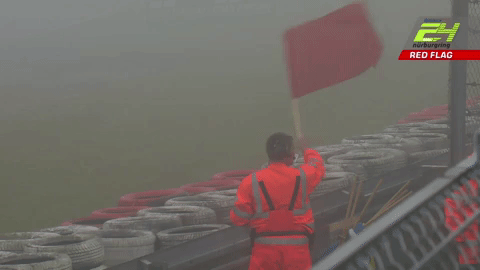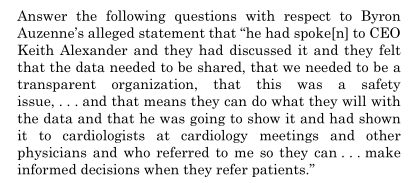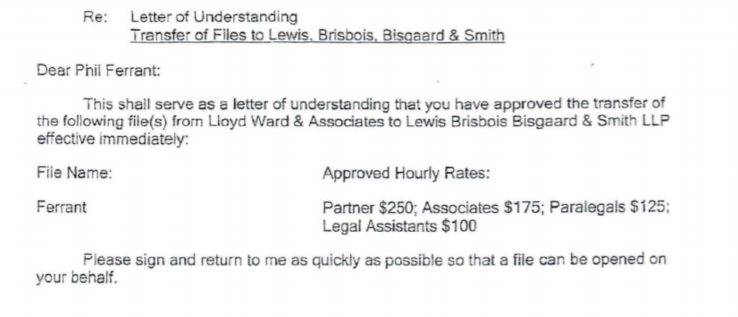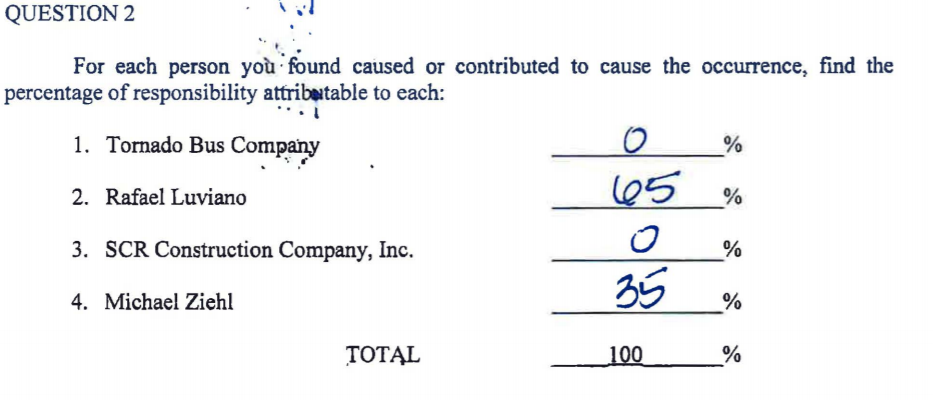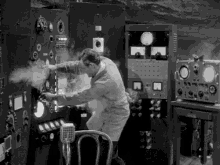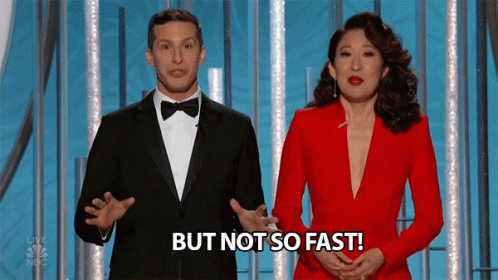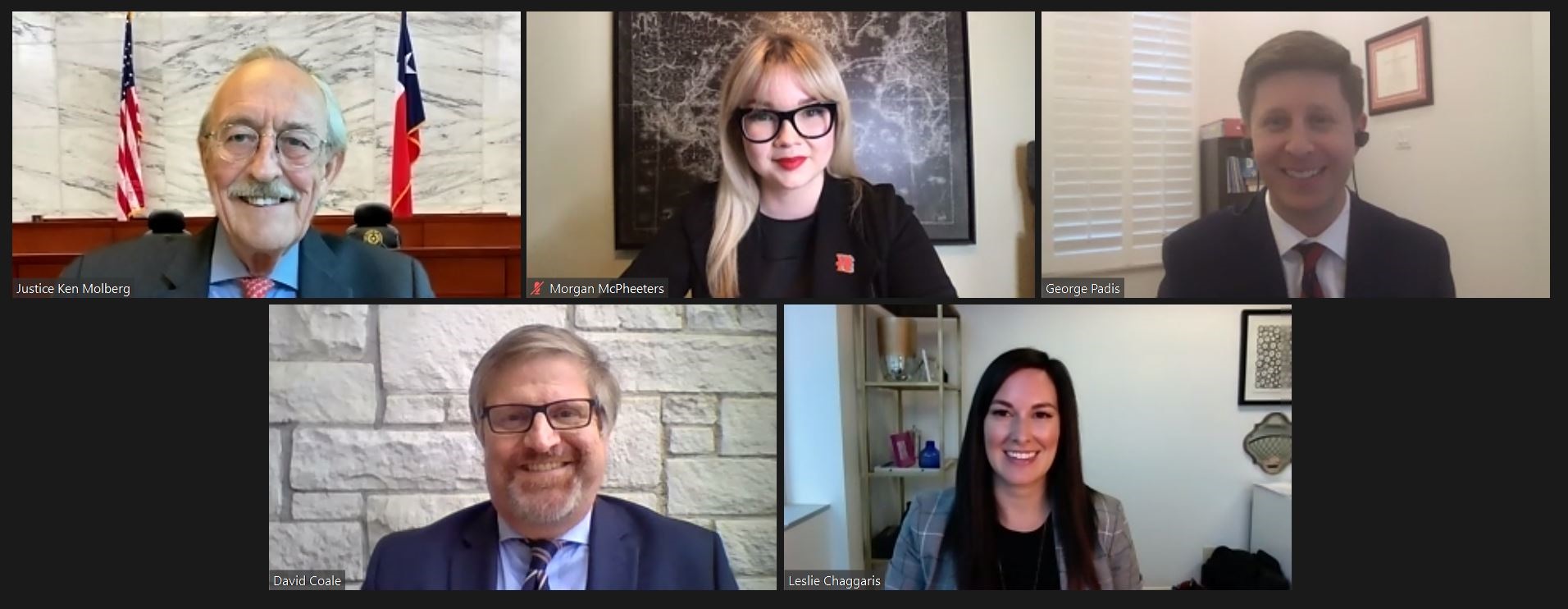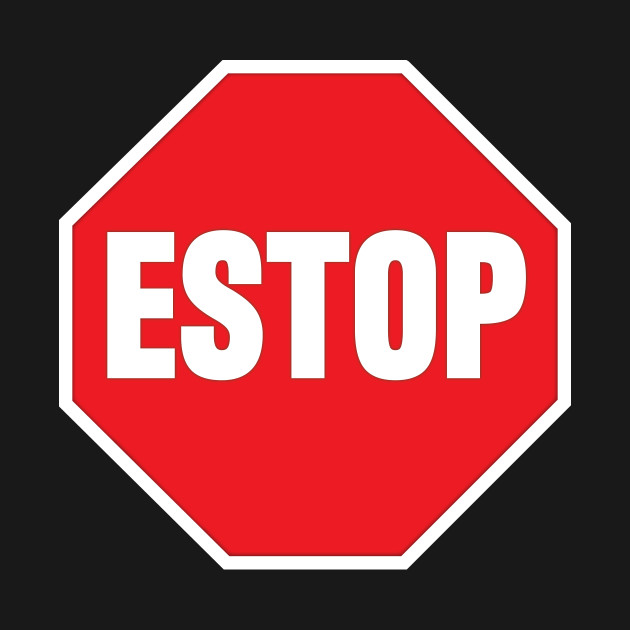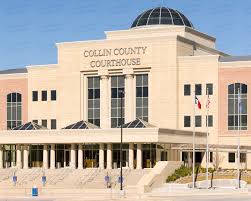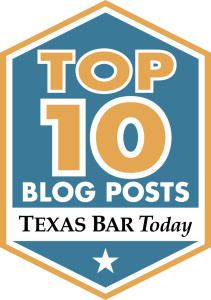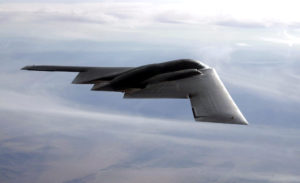The members of a limited partnership entered into a partnership agreement providing that they would each relinquish their partnership interest if they departed involuntarily. The agreement also provided that while no payment was required, the remaining partners could still decide to make a payment to the involuntarily departing partner. In late 2008, two of the three partners decided to terminate Arvid Leick. The remaining partners initially offered to pay him in excess of $300,000, but Leick insisted on almost twice that amount. The partnership and the remaining partners then filed suit seeking a declaratory judgment that Leick had been involuntarily terminated and that they therefore did not owe him anything at all. Leick counterclaimed. The jury found that Leick’s termination had been involuntary, but that he still should have been paid what the remaining partners had originally offered. The trial court reduced the award to $125,000, but still entered judgment in favor of Leick.
On appeal, the partnership claimed that the trial court had erred by improperly instructing the jury that the remaining partners had an obligation to treat the involuntarily terminated partner fairly and reasonably. The court of appeals reversed and entered a take-nothing judgment against Leick, holding that this instruction was contrary to the plain language of the partnership agreement, which left it up to the remaining partners whether an involuntarily departure would lead to any payment at all. Although the Texas Revised Partnership Act does require partners to be fair and reasonable to one another, that could not serve as the basis for the jury instruction because Leick was no longer a partner after the day he was terminated. The court of appeals likewise sustained the trial court’s directed verdict against Leick on his claim for breach of fiduciary duty, since that claim also focused on the other partners’ treatment of him after he was terminated, and there was no fiduciary duty for the parties to remain partners with one another. Finally, the court vacated the trial court’s award of attorney fees to Leick, but noted that he still might still be able to recover fees on remand under the Declaratory Judgments Act, even though he was no longer the prevailing party.
LG Insurance Management Services, LP v. Leick, No. 05-10-01646-CV
